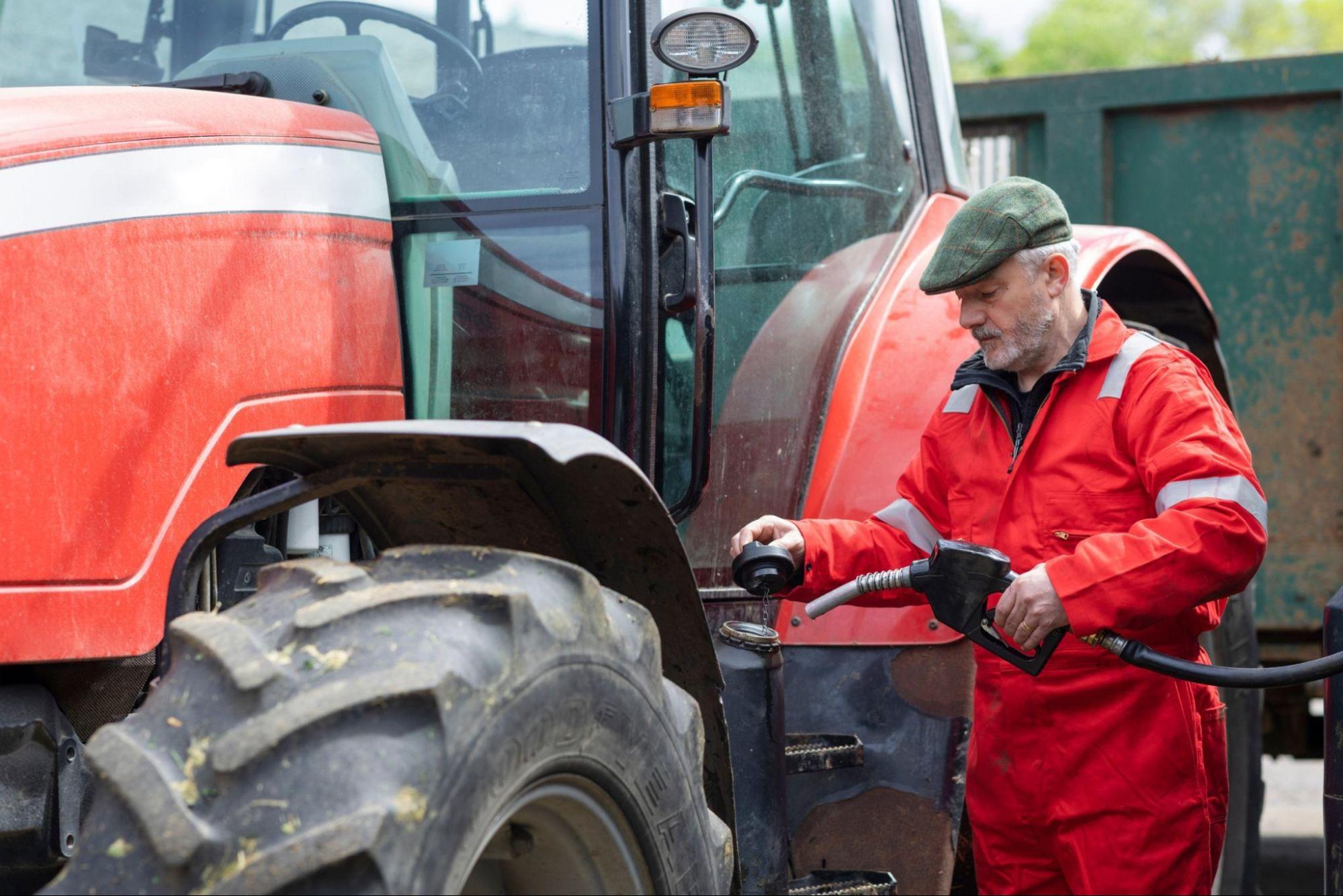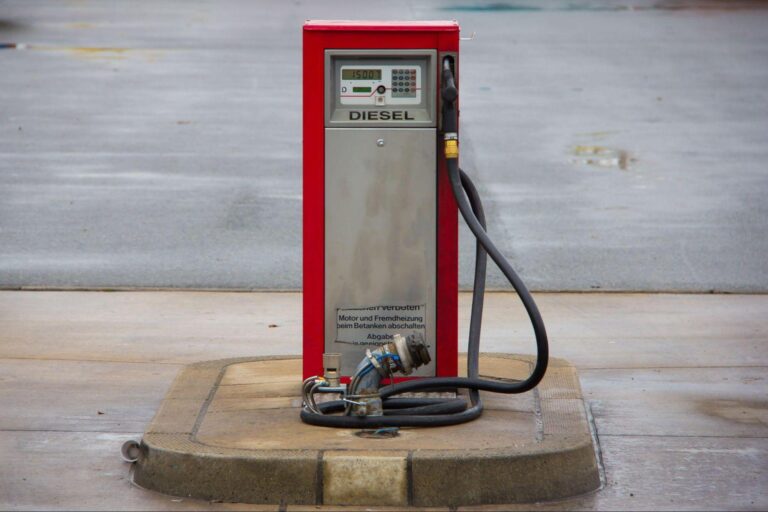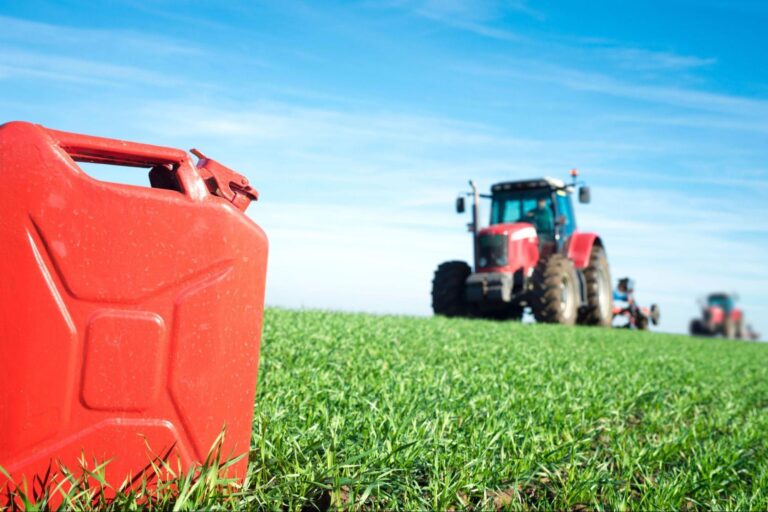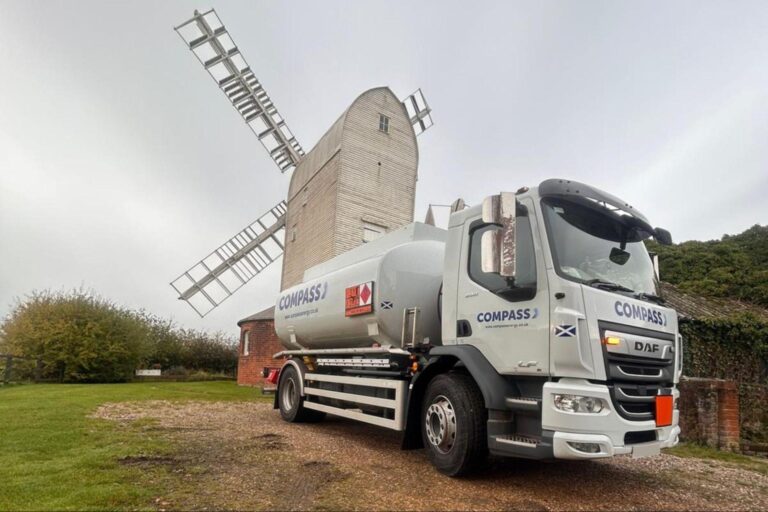Understanding Farm Fuel: What You Need to Know for Efficient Agriculture
Fuel plays a bigger role on the farm than most people realise. It keeps tractors moving, powers irrigation systems, and helps run the equipment that makes daily tasks possible. But as costs rise and sustainability becomes more important, choosing the right farm fuel isn’t just about convenience; it’s a decision that affects both your bottom line and the environment.
With so many fuel options out there, knowing what works best for your setup can make a real difference. That’s where the idea of efficient agriculture fuel comes in. It’s not just about using less fuel, it’s about using the right fuel in smarter ways. From storage and handling to how machinery is maintained, small changes can add up to big savings.
By focussing on efficient agriculture fuel practices, farmers can cut down on waste, reduce emissions, and keep their machines running smoothly for longer. Whether you’re running a family farm or managing a larger operation, understanding how farm fuel fits into the bigger picture of efficiency and sustainability is key. The more informed your fuel choices, the more productive and resilient your farm can be.
What is Farm Fuel?
When we talk about farm fuel, we’re really talking about the lifeblood of day-to-day farming. It is the thing that powers everything from your early morning tractor run to the generator that keeps things ticking when the power cuts out. In the UK, the most common type is red diesel, also known as gas oil. It’s a low-tax fuel specifically intended for agricultural use, and you’ll spot it by its red dye, which is what helps prevent it from being used illegally in road vehicles.
But farm fuel isn’t just red diesel. There’s also biodiesel, kerosene, and even newer alternatives like HVO (hydrotreated vegetable oil), which are gaining attention for being cleaner-burning and more sustainable. The kind you use often depends on your equipment, your budget, and increasingly, your environmental goals.
Understanding your options is a key step toward using efficient agriculture fuel. It’s not about finding a one-size-fits-all solution, but about matching the right fuel to the right job. When you’ve got the right mix, you not only reduce wear and tear on your machinery but also run a more efficient, more responsible operation.
Why Efficient Agriculture Fuel Matters
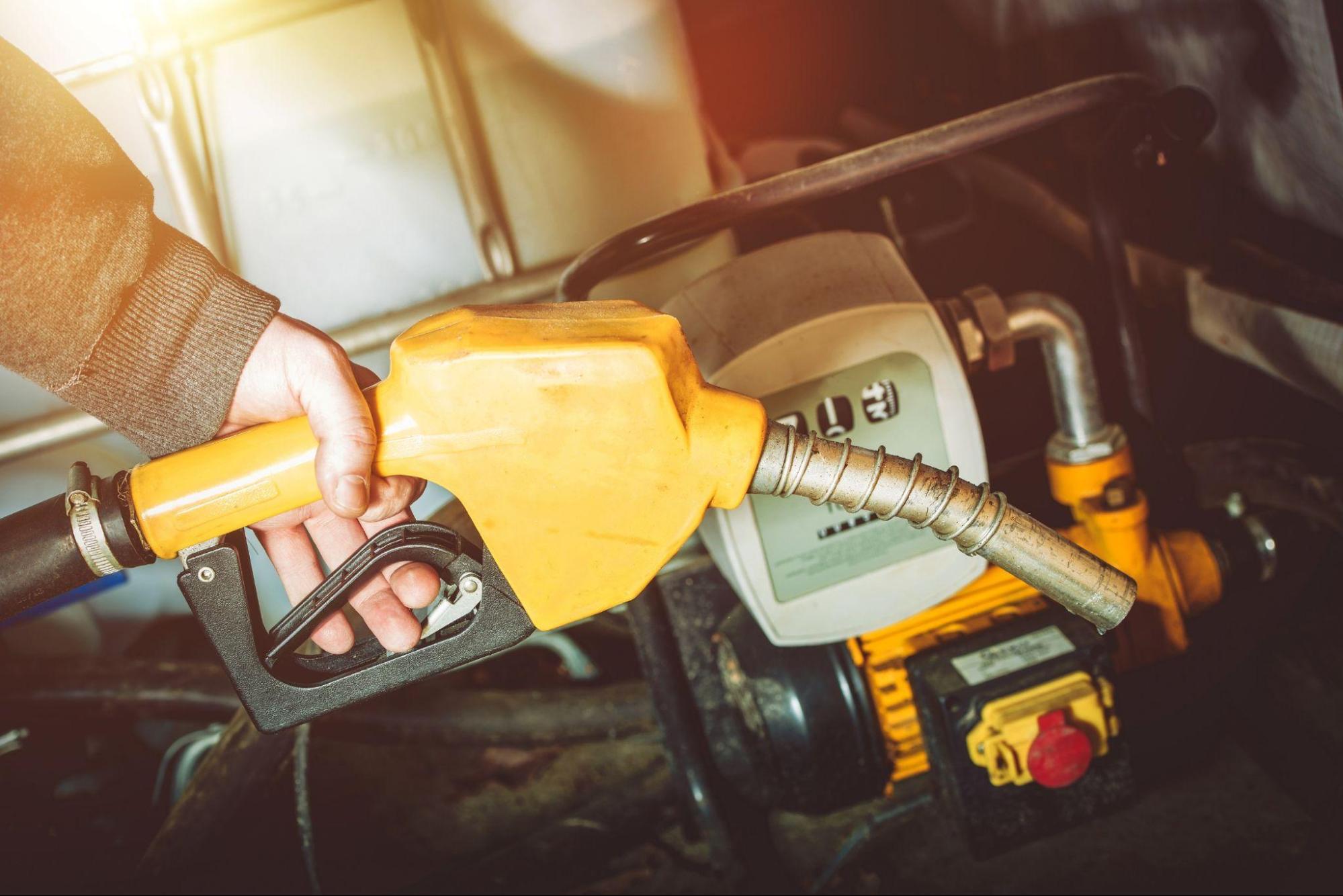
Running a farm is not a small task, and fuel plays a much bigger role than just keeping machines running. Here’s why getting smart about your fuel choices really matters:
- Cuts Costs Where It Counts
Fuel is one of the biggest ongoing expenses on a farm. Using efficient agriculture fuel, whether that means cleaner-burning options or better fuel management, can help reduce waste and save money in the long run.
- Protects Your Equipment
The quality and type of farm fuel you use can have a huge impact on your machinery. Clean, well-suited fuel means less wear and fewer breakdowns, keeping everything running smoothly when you need it most.
- Supports Sustainable Farming
Today’s farmers are under more pressure to lower emissions and reduce their environmental impact. Choosing efficient agriculture fuel helps meet these goals while still getting the job done.
- Keeps You Compliant
Regulations around farm fuel, like red diesel usage, are getting stricter. Knowing what you can and can’t use helps avoid costly fines and keeps your operation legal.
Choosing the Right Farm Fuel
Not all fuel is created equal, and picking the wrong type can cost you both in repairs and wasted money. Here’s how to make the right choice when it comes to your farm fuel:
- Know Your Machinery
Different engines need different fuels. Check the manufacturer’s guidelines before switching things up. Using the wrong farm fuel can affect performance and shorten your machine’s lifespan.
- Think About Efficiency, Not Just Cost
Cheapest isn’t always best. A slightly more expensive option that burns cleaner and lasts longer might save you more in the long run. That’s the core idea behind efficient agriculture fuel, getting the most out of every litre.
- Consider Your Farm’s Size and Setup
A smaller farm with older equipment might do fine on red diesel, while larger operations might benefit from blending in biodiesel or exploring cleaner options. Tailoring your fuel choice helps maintain productivity.
- Store It Right
Even the best efficient agriculture fuel won’t help if it’s poorly stored. Water contamination, rust, and dirt can all creep in if storage tanks aren’t maintained properly.
Strategies for Maximising Fuel Efficiency on the Farm
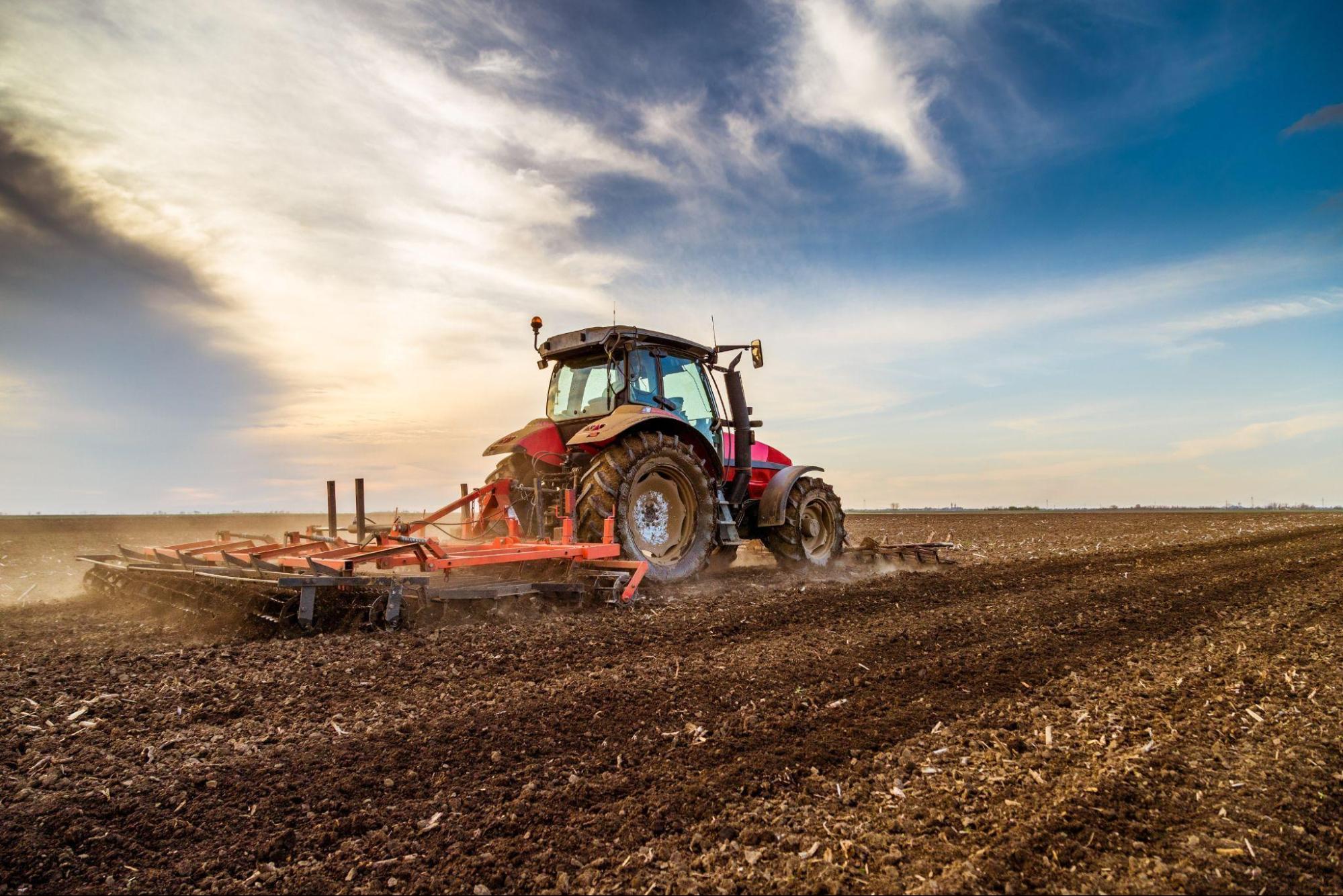
Using the right farm fuel is just the start; how you use it daily makes a big difference. Here are some simple but effective ways to get more from your fuel and boost overall efficiency:
- Keep Machinery Well-Maintained
Dirty filters, underinflated tyres, or overdue servicing can all drag down performance and burn more fuel than necessary. Regular maintenance helps you get the most out of your farm fuel.
- Train Staff on Smart Fuel Use
Fuel-efficient driving habits, like avoiding excessive idling or using the right gear, can cut consumption significantly. A bit of training can go a long way.
- Use Tech to Track Fuel Usage
Telematics and fuel management systems help monitor how much fuel is being used and where it might be wasted. This insight is key to adopting more efficient agriculture fuel practices.
- Plan Workflows Wisely
Grouping tasks and cutting down on unnecessary trips around the farm saves time and fuel. It’s one of the easiest ways to put Efficient Agriculture Fuel ideas into practice without extra investment.
Conclusion
At the end of the day, fuel might not be the most exciting part of running a farm, but it’s one of the most important. Whether you’re powering up tractors, generators, or irrigation systems, making smart choices about your farm fuel can have a real impact on your costs, efficiency, and environmental footprint.
Understanding your farm fuel options, from red diesel to biodiesel and beyond, gives you more control over how your farm operates. It’s not just about what’s cheapest today, but what keeps your equipment running smoothly tomorrow. Storing fuel properly, monitoring usage, and keeping up with new technologies all play a part in smarter fuel use.
That’s where the real value of efficient agriculture fuel comes in. It’s not a one-size-fits-all solution, but it’s about adapting to what your farm needs and using fuel in ways that support long-term sustainability. Whether it is reducing waste, lowering emissions, or stretching your budget further, Efficient Agriculture Fuel is about farming with intention.
So, take a fresh look at your current farm fuel setup. Explore new options, invest in maintenance, and don’t be afraid to try new tech. A more efficient farm starts with the fuel that keeps it going, and efficient agriculture fuel is the way forward.

